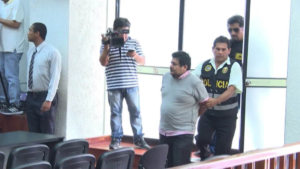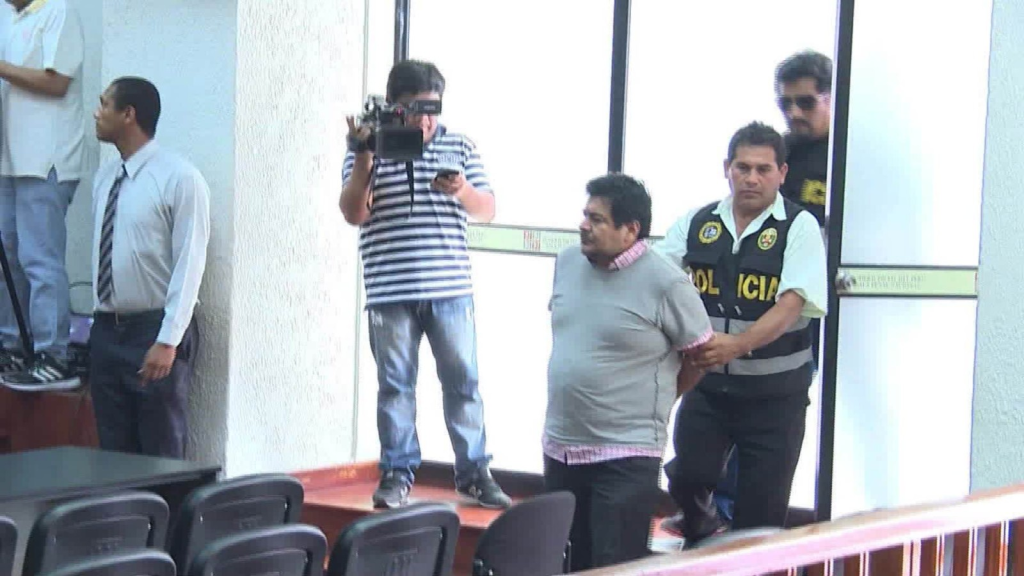
The Odebrecht scandal, a name synonymous with corruption in Latin America, once rocked political and corporate worlds alike. Initially surfacing in 2014, this Brazilian construction giant was exposed for a bribery scheme that spanned numerous countries, involving government officials, business elites, and public infrastructure projects. While many believed the worst was over with the prosecution of key figures, new leaks have recently emerged, indicating that the corruption may still be ongoing. The phrase “Odebrecht Scandal Reloaded” perfectly encapsulates the latest developments as fresh information surfaces, raising questions about the depth of the scandal and whether corruption within Latin America’s political and economic spheres can ever truly be eradicated.
A Brief Overview of the Original Odebrecht Scandal
The Odebrecht corruption scandal, which is often described as one of the largest of its kind, was first exposed during the investigation of Operation Car Wash (“Operação Lava Jato”), a probe initiated by Brazilian authorities. The company, which is among the largest construction firms in the world, had been bribing politicians and government officials in exchange for lucrative contracts throughout Latin America and beyond.
Odebrecht paid approximately $788 million in bribes between 2001 and 2016, according to prosecutors, influencing high-level politicians in countries such as Brazil, Peru, Venezuela, Mexico, and Colombia. The ramifications were global, leading to the fall of several political leaders, business figures, and even entire administrations. Notable cases include former Brazilian President Luiz Inácio Lula da Silva and Peru’s former presidents Alan García and Alejandro Toledo, all entangled in the scandal to various degrees.
New Leaks: A Re-Emergence of Corruption Allegations
In recent months, a wave of new leaks has thrown fresh light on Odebrecht’s ongoing activities, exposing that corruption has not only persisted but may have evolved in sophistication. These revelations come from a series of documents leaked by anonymous whistleblowers, which contain further proof of the company’s illegal activities, spanning countries where Odebrecht is still operating.
One of the new leaks centers on contracts awarded in several Latin American countries between 2020 and 2023, involving unnamed government officials and the same modus operandi—using offshore accounts, front companies, and middlemen to facilitate bribery. According to investigative journalists, the new schemes have been disguised under the veil of legitimate business dealings, making them even harder to detect.
Key Players Implicated in the New Scandal
This second wave of the Odebrecht scandal has implicated numerous individuals across different levels of government and business. While the original scandal largely focused on high-profile political figures, the new revelations suggest that middle-management officials, bureaucrats, and private contractors are now heavily involved.
Countries like Ecuador, Panama, and Argentina have found themselves in the spotlight as the latest leaks involve major infrastructure projects in these nations. It is alleged that Odebrecht officials collaborated with local governments to win bids for construction contracts on everything from bridges to energy plants, continuing the illicit practices that once brought down some of Latin America’s most powerful political figures.
The Role of Technology in Exposing Corruption
One significant difference between the original Odebrecht scandal and its resurgence in 2024 is the role of digital technology and advanced forensic investigation methods. New technological tools, including blockchain analysis and AI-driven forensic audits, have enabled investigators to trace previously hidden financial transactions.
Journalists and investigators have successfully followed a digital trail of cryptocurrencies used to facilitate some of the more recent bribes. Whereas earlier schemes relied on traditional banking systems, new methods leverage decentralized finance (DeFi), where digital currencies like Bitcoin and Monero are being used to evade detection by authorities.
These new leaks also show the utilization of encrypted communication tools to coordinate bribery and kickback schemes. The leak reveals that executives and government officials used encrypted messaging services like Signal and Telegram to bypass traditional surveillance, highlighting the innovative lengths to which corrupt entities are willing to go in an age of heightened scrutiny.
Political Consequences of the New Revelations
The ripple effects of these new revelations are being felt across Latin America. In several countries, public outrage is mounting, as citizens are once again demanding accountability from their governments. Protests have erupted in some cities, with demonstrators calling for the resignation of implicated officials and urging more stringent anti-corruption measures.
Some political analysts argue that the persistence of corruption in the region, as exemplified by Odebrecht’s new activities, is a symptom of deeper structural issues in Latin America’s political systems. In some countries, corrupt practices are so deeply embedded that they have become normalized, making it nearly impossible to root them out without a complete overhaul of governance structures.
Despite these challenges, there have been glimmers of hope. In Brazil, for example, authorities are considering revisiting some of the original plea deals struck with Odebrecht executives, potentially leading to new charges and sentences. Other countries, including Colombia and Mexico, are ramping up their anti-corruption efforts, signaling that they will not tolerate further bribery or unlawful conduct.
The Economic Impact of the Continuing Scandal
Beyond the political ramifications, the economic consequences of this scandal cannot be overlooked. Latin America’s development projects—especially in infrastructure, energy, and transportation—are often key drivers of growth. However, the continuing revelations surrounding Odebrecht have cast doubt on the integrity of these sectors. Investors are wary of placing their money into projects that may be tainted by corruption, leading to a slowdown in foreign direct investment in some regions.
Moreover, public funds that could have been used for genuine development projects are often siphoned off due to corruption, leaving critical infrastructure in a state of disrepair. The new Odebrecht leaks underscore how deeply corruption can damage economies, with taxpayers ultimately bearing the brunt of the cost.
What the Future Holds for Latin America and Odebrecht
With the new leaks breathing life into the scandal, Latin America faces an uncertain future regarding its fight against corruption. While some countries have made significant progress in strengthening anti-corruption institutions and legislation, the sheer scale of Odebrecht’s activities—coupled with the evolving sophistication of corrupt practices—suggests that the battle is far from over.
At the same time, Odebrecht’s business operations have not completely shut down, despite the company’s tarnished reputation. Some critics argue that Latin American governments continue to work with Odebrecht, either out of necessity or because the company still holds critical expertise in major infrastructure projects.
Whether or not the current wave of investigations will lead to meaningful reforms remains to be seen. However, with public awareness at an all-time high, there is hope that these new leaks may finally spur more comprehensive measures to tackle corruption across the region.
Conclusion
The “Odebrecht Scandal Reloaded” reminds us that corruption remains a significant problem in Latin America. Despite the fallout from the original scandal, it appears that the company—and its enablers—are still entangled in underhanded schemes. As new leaks continue to expose the ongoing corruption, Latin American countries must confront the systemic issues that allow such practices to persist. The coming years will likely reveal whether the region can implement lasting reforms or if this cycle of corruption will merely repeat itself, further eroding public trust in government and business alike.


